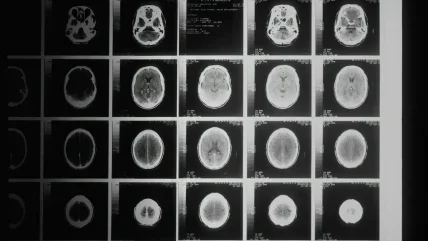
CereVasc, a clinical-stage medical device company focused on treatments for neurological conditions, announced that its eShunt System has been granted Breakthrough Device Designation by the US Food and Drug Administration (FDA).
The investigational eShunt System is designed to treat Normal Pressure Hydrocephalus (NPH).
It consists of an endovascularly implantable cerebral spinal fluid (CSF) shunt and associated delivery tools, aiming to replace traditional invasive surgeries with a less invasive procedure.
Deployed through a percutaneous femoral venous approach under local anaesthesia and X-ray guidance, the implant can be placed in under an hour. This will allow for outpatient or day-surgery alternative to traditional ventriculoperitoneal shunt (VPS) placement.
The design of the eShunt System addresses common issues associated with traditional VPS systems, such as infection, catheter obstruction, and over-drainage.
It avoids the need for open surgery, rigid catheter insertion through the cerebral cortex, and extensive incisions.
According to CereVasc, other advantages include the elimination of the common problem of over-drainage of CSF and the reduction of post-procedure pain and infection.
The eShunt System also has the potential to extend treatment options to patients with co-morbidities who are unable to undergo general anaesthesia or invasive surgery.
CereVasc chairman and CEO Dan Levangie said: “Our team is thrilled to achieve this milestone and to have the eShunt System recognised by the FDA as a Breakthrough Device.
“The ability to collaborate with FDA under the Breakthrough Program will support our goal to bring an endovascular option to the treatment of patients with NPH. It is estimated that more than 700,000 individuals in the US suffer from NPH with the vast majority going untreated.
“Consequently, we have seen strong interest among patients, caregivers, and clinicians in an endovascular treatment option to address this significant health challenge.”
The Breakthrough Device Designation is based on encouraging data from pilot clinical studies of the device.
It will also facilitate priority review and improved communication with the FDA throughout the clinical trial and premarket review processes.
Additionally, CereVasc received an FDA Investigational Device Exemption (IDE) approval for its STRIDE study in May this year.
STRIDE will assess the eShunt System for treating NPH. Enrolment for this study is expected to start in the latter half of 2024.
In May this year, the medical device company raised $70m in a Series B financing round to support the clinical and regulatory development of the eShunt System.






